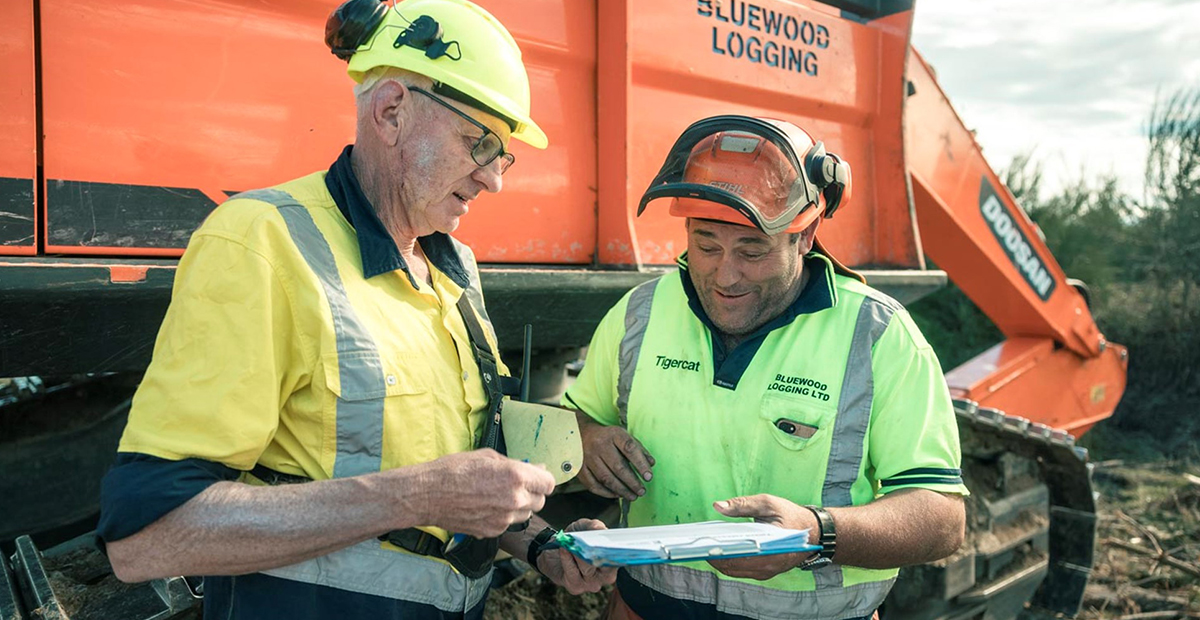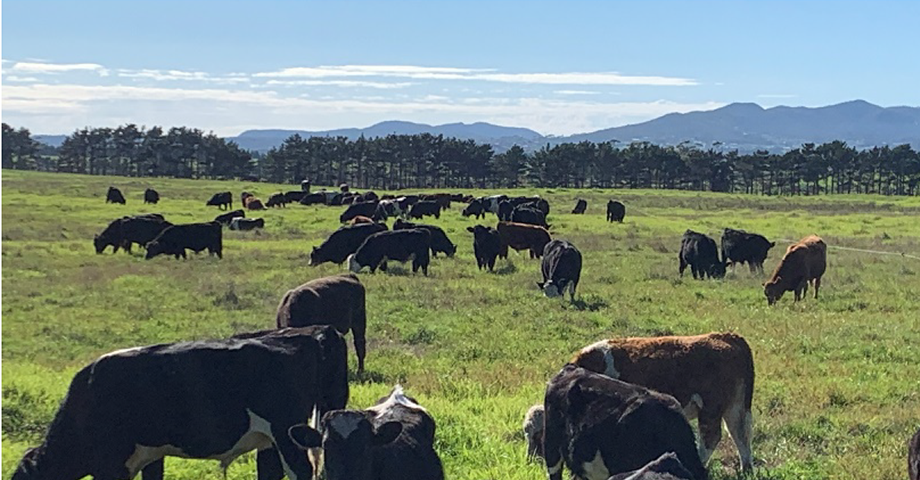
Executive summary
The New Zealand Forestry Industry has witnessed an exponential growth in Environmental Regulation in the last five years and this will only but continue. The implementation of regulation however has been challenging to the current workforce as there is a lack of support, education, understanding, decision making and leadership across all levels of the industry and government.
Most of the challenges we face are not old, but we now have to consider them through a different lens. What has been done in the past is now obsolete and the next generation of foresters will be key to the industries success. The industry needs to embrace diversity, nurture change, innovate, try new ways of engaging people and build talent for the future.
Nothing will change if nothing changes.
This research report attempts to answer the question “how to support and achieve environmental compliance in a world of change? This was done by looking at the environmental culture of a production forestry company, exploring leadership styles, motivation towards change, understanding of individual environmental responsibility and performance expectations. Then, to analyze gaps and barriers to deliver on meeting environmental performance standards and make recommendations on how we can effectively support a movement towards a high level of environmental compliance at both a company and industry level.
Key findings:
The forestry industry needs to lift the quality and capacity of workers in the industry. Higher levels of education, understanding, decision making and leadership is required across all levels of the industry.
There is an aging workforce with both contractors and forest mangers across all aspects of the forestry industry. Effort is required to attract, support and grow the next generation in the industry.
More credible and functional relationships need to be formed between the forestry industry, central and local government. Significant investment is required in promoting forestry as a sustainable and viable industry in New Zealand.
Recommendations
- Individuals who regulate and work within the industry need to get better support and gain the training and skills required to understand and be confident in knowing what regulation requires and how to achieve that on the ground. Known and proved change management techniques should be followed to assist individuals on the journey at a political, industry and company level.
- New Zealand Forest Owners Association (NZFOA) need to be promoting for a greater number of students to enter the forestry degree programmes.
- NZFOA and wood councils need to strengthen regional environmental working groups and work together, alongside regulators, to address the most environmentally challenging areas of rule implementation of the industry.
- Action the development of spatial tools and guidance to determine high risk land areas to give better clarity to all stakeholders of where the real environmental risks are. Determine land classes and land forms where production forestry as a land use is not suitable.
- Those writing and amending regulation need to better describe measurable standards and targets that can implemented and complied with on the ground.
- Rules and regulation need to have a clear purpose which gives clarity on the values we are protecting.
- NZFOA need to invest in some real expertise to help address the significant reputational issues the forestry industry has.
Download and read the full report here:




